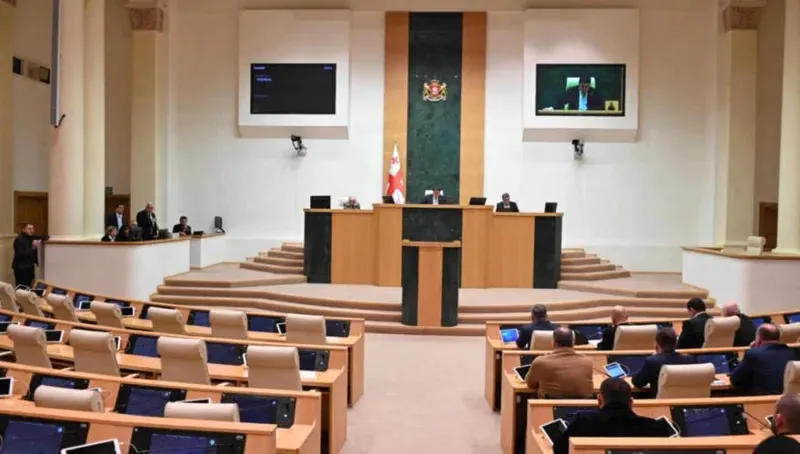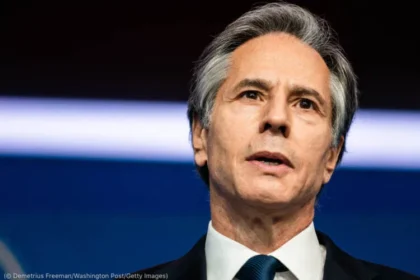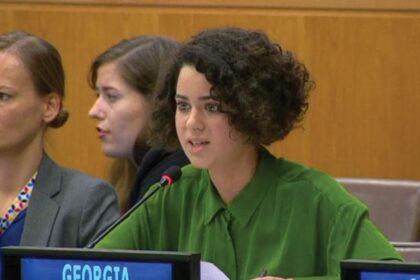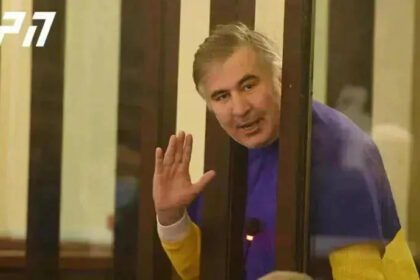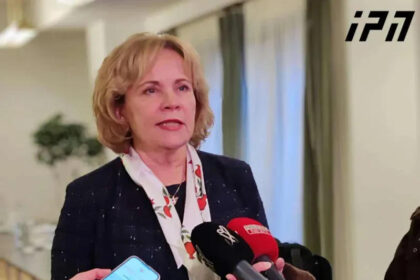**Parliament Passes Amendments to Prosecutor General Nominations**
The Georgian Parliament has approved, in the first reading, significant changes to how candidates are nominated for the position of Prosecutor General. The amendments were passed with 83 votes in favor, without any opposition.
Under the proposed changes, the Prosecutorial Council will no longer need to consult with civil society groups, academics, and other experts before selecting a candidate for the top prosecutor’s job. Instead, each member of the council will have the right to propose their own candidate for the position.
The new rules also set a tight deadline for the nomination process within the Prosecutorial Council, requiring it to be completed within just one week. This is a significant change from the current law, which mandates a month-long consultation period followed by the selection of three candidates.
According to Archil Gorduladze, Chairman of the Parliamentary Committee on Legal Affairs, the current procedure is problematic and interferes with the constitutional powers of the Prosecutorial Council. He argued that the council should be free to exercise its authority without outside interference.
“We propose that the Prosecutorial Council carry out its constitutional power without such interference,” said Gorduladze. “Each council member will have the right to nominate one candidate for Prosecutor General, and the council will hear all nominated candidates before voting on the winner.”
The bill was initiated by a group of lawmakers led by Gorduladze, who sees this as an opportunity to simplify and streamline the nomination process.
**Commentary**
These amendments mark a significant shift in how candidates are nominated for the position of Prosecutor General. By removing the requirement for consultations with civil society groups and experts, the new rules may make it easier for the Prosecutorial Council to select a candidate, but they also raise concerns about the potential for undue influence or cronyism.
As Gorduladze noted, the current procedure is indeed problematic, but critics may argue that the proposed changes go too far in empowering individual council members to nominate candidates without adequate checks and balances. The new rules will likely face scrutiny from opposition lawmakers and civil society groups as they move through the legislative process.
**Analysis**
The passage of these amendments reflects a broader trend in Georgia’s legislature to simplify and streamline the nomination process for key positions, including the Prosecutor General. However, this development may also be seen as part of a larger effort to consolidate power within the government and reduce oversight from civil society groups and experts.
As the bill moves forward, it will be essential for lawmakers and stakeholders to carefully consider these implications and ensure that the new rules do not undermine the principles of transparency, accountability, and democratic governance in Georgia.




